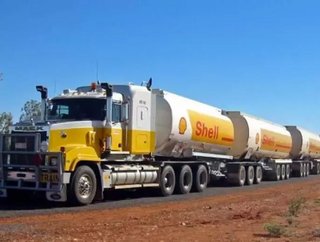Australia's carbon tax could hurt trucking

The debate over Australia’s proposed carbon tax continues to make headlines, as a professor warned today that the tax could hurt public transportation.
Professor John Stanley from the Institute of Transport and Logistics Studies at Sydney University took a stand against the proposed carbon tax at a transport summit on Sunday. The carbon tax is scheduled to be announced on Sunday, and is aimed at limiting Australian road congestion.
“Congestion costs the Australian economy almost $15 billion annually,” Stanley said. “It is a problem that hurts everyone who lives in our cities by lowering their quality of life and affecting them financially.”
Still, the bill could actually hurt public transportation, which could have an adverse impact on helping get some Australian vehicles off the road.
“At the moment, we (public transport) probably look like we’re collateral damage,” Stanley said.
SEE OTHER TOP STORIES IN THE SUPPLY CHAIN DIGITAL CONTENT NETWORK
Goldman Sachs outsourcing 1,000 U.S. jobs to Singapore
Apple iPhone 5 expected to be released in September
Details emerge from Nevada Amtrak crash
Check out June’s issue of Supply Chain Digital!
At the summit, 1,500 Australians were polled on the carbon tax and other transportation questions. Roughly 75 percent said that they would like to see the revenue generated from the carbon tax spent on improving public transportation, walking and cycling.
More than 80 percent polled wanted to see an increase in federal government spending on public transportation, while 87 percent believed government investment in public transportation would help address the traffic congestion in major cities.
The agreement stipulates that the only fuel exempt from the carbon tax will be for cars and light commercial vehicles. The carbon tax would deal a blow to freight trucking companies and other freight forwarders, who will likely tack on increased fuel surcharges to transportation costs.
With an expected increase in transport costs, rail freight could be a better option now more than ever. Shipping via rail is very cost-effective on long and even medium distances, and there are several rail companies and existing rail infrastructure within the Australian continent to take advantage of the situation.
- The Home Depot is Enhancing CX thanks to Google CloudTechnology
- Top 10: Women in Supply Chain and Procurement in APACProcurement
- Dumarey Streamlines Suppliers with BearingPoint and JAGGAERSupplier Relationship Management (SRM)
- Explained: What is the SBTi’s Land Transport Guidance?Sustainability






